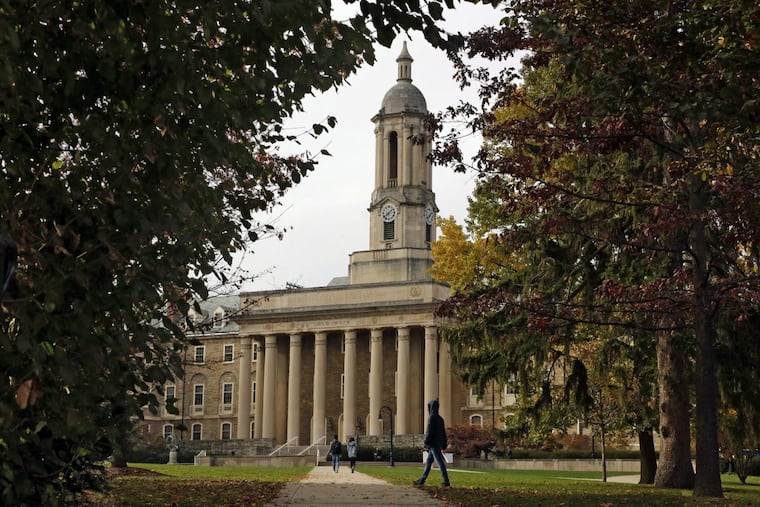Pennsylvania Promise: A plan to force people who don't go to college pay for those who do | Opinion
On paper, the Pennsylvania Promise would pay for two years at any of Pennsylvania's public community colleges, or four years at Pennsylvania's public universities for students whose family income is below $110,000.

When politicians start making promises, hold on to your wallet. And when politicians start talking about making something "free," expect to pay through the nose. Nothing is free. All politicians can do is shift the cost of a thing from one group of people to another, as with the debacle that is the Affordable Care Act. Does anyone seriously believe that health care is more affordable now? And now, Pennsylvania politicians, aided and abetted by a couple of think tanks (we use the term loosely), are about to apply the same tortured logic to higher education with the "Pennsylvania Promise."
On paper, the Pennsylvania Promise would pay for two years at any of Pennsylvania's public community colleges, or four years at Pennsylvania's public universities, for students whose family income is below $110,000.
None of this means college will be free. College will remain very expensive. Pennsylvania Promise would simply spread the cost around to more people. There is only one way to make college free: Force faculty, administrators, and staff to work for free, contractors to build and maintain college buildings for free, and food services to provide meals for free. Politicians can alter, and even hide, who pays for college. But they cannot make college free. As it goes, they can't even make it less expensive.
The promise of "free college" sounds like ponies and puppies for everyone, but it is really a plan to force people who don't go to college to pay for those who do. Rather than students paying their own tuition, taxpayers will. And if there's one thing that's guaranteed to cause a price to skyrocket, it's to have taxpayers footing the bill.
Part of why college is so expensive is because taxpayers already heavily underwrite higher education. The federal government subsidizes college loans, and state governments provide grants to students even as they fund public universities. Meanwhile, school districts, driven to signal their quality, push as many students into college as possible. Our entire governmental apparatus, from Washington all the way down to local school districts, has spent decades propping up and funding higher education. Despite the fact that tuition and fees are now 25 times more expensive than they were in the 1960s, 65 percent of graduating high school seniors go on to college. That's three times the proportion that matriculated just a few generations ago.
What caused a threefold increase in the proportion of young people going to college? Great students? Brilliant parenting? Outstanding public high schools? Or, have decades of taxpayer subsidies given colleges a profit incentive to admit students they know won't succeed, and to relax academic standards to retain them?
This last explanation is the most plausible. In a recent study by the Hechinger Report, almost 100 percent of surveyed colleges reported that they admitted students who required remedial coursework. A quarter reported that more than half of their students required at least one remedial course. And the smaller the college, the greater the incentive to admit students who can't function at a college level. Because they don't qualify for academic scholarships, such students are more lucrative, each adding an average of $27,000 per year to a college's bottom line. Imagine how much more lucrative they'll be under Pennsylvania Promise when colleges can send taxpayers the tuition bill.
There are already too many people going to college who are ill-equipped for the challenge. When Pennsylvania Promise makes it even easier for students to attend, those numbers will balloon.
What we will get is what results every time government inserts itself into a market: Everything will become more expensive, and politicians will foist the cost onto the taxpayers. If Harrisburg politicians were really interested in making college more affordable, they would stop subsidizing higher education entirely. But they aren't looking to make college more affordable. They are looking to buy votes by appearing magnanimous. And that's what's really going on when politicians start making promises.
Antony Davies is associate professor of economics at Duquesne University in Pittsburgh. James R. Harrigan is CEO of FreedomTrust. They host the weekly podcast "Words & Numbers."